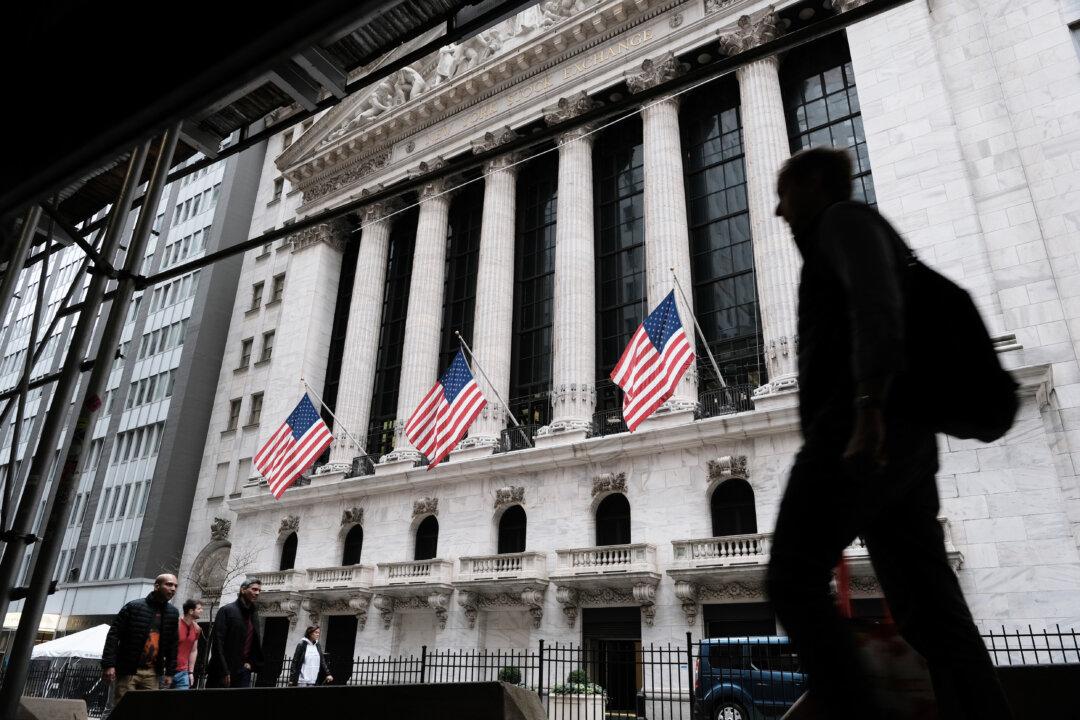News Analysis
Environmental, social, and corporate governance (ESG) investing has not only become a popular investment trend, but also a new front in the culture wars. Market predictions show that global ESG-mandated assets will reach $55 trillion in 2022 and close to $100 trillion in 2025.





